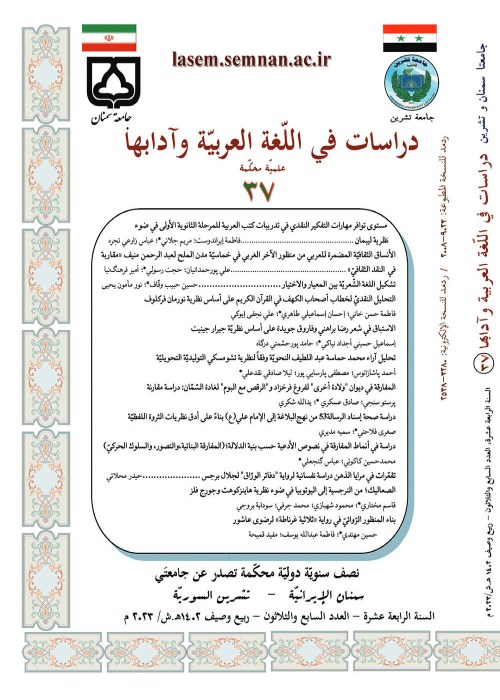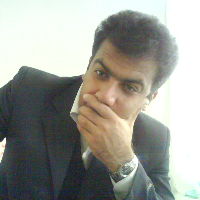Sociological Analysis of the Story of Fellows of the Cave in the QuranBased on Norman Fairclough’s Theory
Critical analysis of the discourse of the companions of the cave in the Holy Qur'an Based on Norman Fairclough's theory Abstract Evaluating different levels of discourse provides the possibility to discover and achieve its hidden meanings and reproduces the way language interacts with meta-linguistic structures. Critical discourse analysis is a new approach in text analysis that, in addition to paying attention to the linguistic context of the text, considers the non-linguistic context of the text to be effective in discovering and explaining the meaning and examines the relationship between language, power, ideology and discourse. Most of the texts such as the literature of the nations, narratives and some types of stories of the Qur'an can be analyzed and interpreted in this framework. It is a monotheistic discourse in which two opposing forces are placed in front of each other and each chooses a specific type of speech to prove the validity of their claim. Paying attention to selected language patterns along with explaining the cultural, social and political situation of that time can unlock many semantic secrets of the language. Therefore, in the light of the importance of this issue and the need to interpret the Qur'anic text from various angles, this research aims to use analytical-descriptive methods based on the approach of critical discourse analysis of Norman Farklough in three levels of description, interpretation and explanation, the hidden layers of the Qur'anic text. to discover and analyze in this story. From the linguistic and meta-linguistic studies of this story, it is found that each linguistic unit follows a specific linguistic structure, which has special features such as highlighting, choosing words, and arranging them due to the specific ideology of the actors of the discourse. . At the upper level of the dialogues in this story, the repetition of the word "Lord" in contrast to "God" was caused by the monotheistic thinking of the companions of the cave in contrast to the polytheism of the king and the people of that time. The conversation between these two currents in addition to explaining the specific type of ideology. Like monotheism, polytheism, resistance, and unity, it was definitely not exclusive to a historical time, but it was also effective in the intellectual and cultural direction of the audience and future relationships, so that after many years of their death, as a sign of respect for the ideology and belief in this group and spread their religious foundations, a dome was built on their graves.
- حق عضویت دریافتی صرف حمایت از نشریات عضو و نگهداری، تکمیل و توسعه مگیران میشود.
- پرداخت حق اشتراک و دانلود مقالات اجازه بازنشر آن در سایر رسانههای چاپی و دیجیتال را به کاربر نمیدهد.



